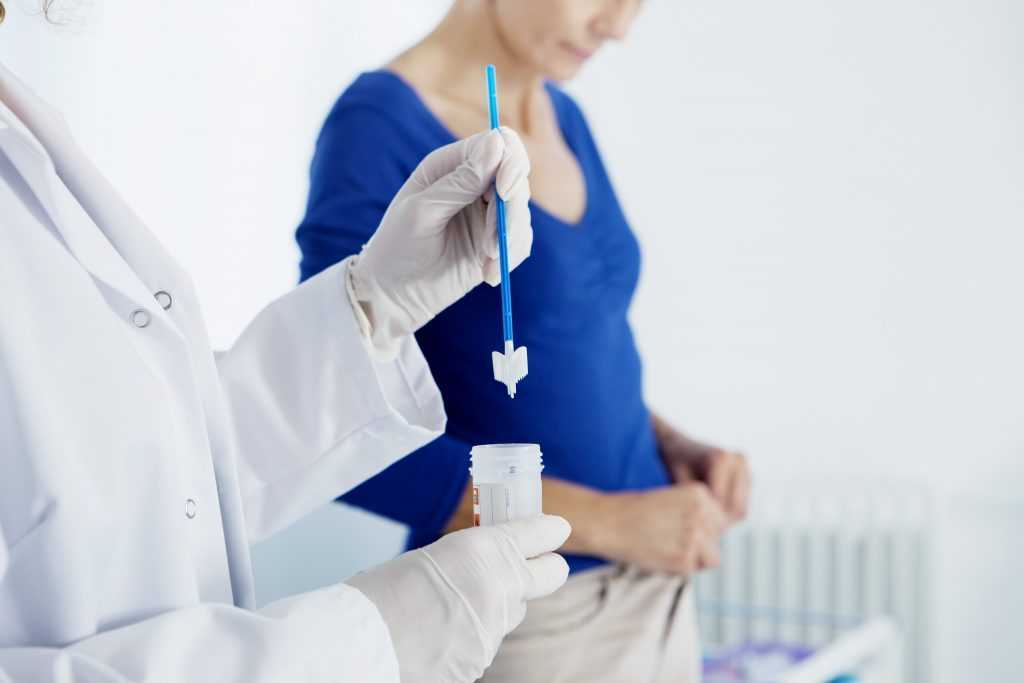 When it comes to matters concerning women’s health, your gynecologist is your most valuable resource. Through pregnancies, pap smears, puberty, and menopause, to mention a few, there are certain crucial questions you need to ask about. Their answers to your inquiries are critical in detecting potential problems that may have an adverse impact on your health. Additionally, these questions also develop habits which benefit your reproductive and sexual health, as well as your overall wellbeing. Here are the some of the questions you should ask.
When it comes to matters concerning women’s health, your gynecologist is your most valuable resource. Through pregnancies, pap smears, puberty, and menopause, to mention a few, there are certain crucial questions you need to ask about. Their answers to your inquiries are critical in detecting potential problems that may have an adverse impact on your health. Additionally, these questions also develop habits which benefit your reproductive and sexual health, as well as your overall wellbeing. Here are the some of the questions you should ask.
What do those bumps mean?
Many women occasionally get bumps in the vaginal area for various reasons. These bumps may be the result of herpes, genital warts or something benign, such as ingrown hairs or enhanced lymph nodes. Nevertheless, it is crucial to inquire about these bumps for certainty and proper treatment instead of making speculations or being oblivious to them.
What is the meaning of that discharge?
As a woman, you certainly notice discharge on your underwear lining as well as when you wipe yourself. The regular release, which is odorless and milky-white or at times clear in color occurs in response to your ovulation cycle and your hormones. If you encounter a pungent vaginal odor and a change in the color of your discharge, then you should consult your health care specialist immediately. These changes may indicate abnormalities such as Chlamydia, Bacterial Vaginosis, Trichomoniasis, yeast and other infections. In such circumstances, professional gynecologists in Chicago usually perform a quick swab test for diagnosis.
Why the pain?
Some tend to experience a significant amount of pain during sexual intercourse, the insertion of a tampon or the speculum during a pap smear. The severe pain or discomfort may be due to inadequate lubrication, hormonal changes, trauma from sexual assault or complications during childbirth. Depending on the cause, an excellent health care provider will provide you with top-notch assistance on how to significantly reduce the pain or completely get rid of it.
Why the spotting?
It is perfectly normal for women to encounter spotting just before their menstrual cycle or during ovulation. However, you should always seek treatment if the spotting increases or occurs after sexual intercourse for instance, because it may indicate a polyp. Of course, a skilled healthcare specialist in Chicago will conduct a pelvic ultrasound and blood tests for thorough diagnosis and treatment, explains a specialist from Women’s Aid Center.
All in all, there are many other questions you could ask your doctor. It is recommended you pen down all these issues to ensure you don’t forget to consult what you require to know during your appointment. In the long run, these consultations lead to the realization of a happier and healthier life.

